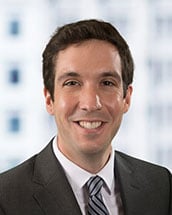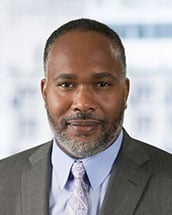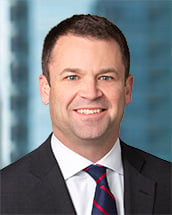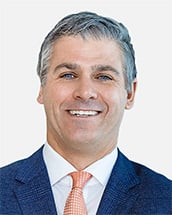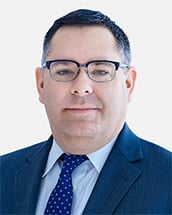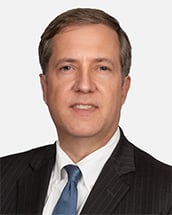In brief
On 15 September 2022, Deputy Attorney General Lisa Monaco issued a memorandum to Department of Justice (“Department” or “DOJ“) prosecutors entitled “Further Revisions to Corporate Criminal Enforcement Policies Following Discussions with Corporate Crime Advisory Group” (“Second Monaco Memo” or “Memo“).1 As has become common in recent years (with a brief intermission under Deputy Attorney General Rod Rosenstein who objected to the practice), such memoranda and other Department pronouncements have come to herald key developments in DOJ policy on corporate criminal enforcement and related practice. These memoranda are therefore closely watched by the defense bar and corporate counsel alike. Indeed, this is the second such memorandum issued by Monaco in the past year. Monaco’s first memorandum issued in October 2021 (“First Monaco Memo“)2, announced, among other initiatives, the establishment of a Corporate Crime Advisory Group, to review the Department’s approach to corporate criminal enforcement.
Key takeaways from the Second Monaco Memo
The Second Monaco Memo presents the findings of that advisory group and the changes to DOJ policy regarding corporate criminal responsibility and individual accountability that are to be introduced as a result.
While the Second Monaco Memo covers a lot of ground, many of the topics addressed either reiterate, reinforce or supplement existing DOJ policy and practice. There are however a number of areas where the Second Monaco Memo introduces important new policies or initiatives which are worthy of particular attention. We consider the most significant of these to be:
- An increased emphasis on timely document production by cooperating companies, to enable prosecutors to promptly initiate related proceedings against implicated individual defendants. What qualifies as “timely” in this context is likely to be an issue of significant discussion and potential disagreement between Department prosecutors and cooperating companies.
- A commitment to the continued use of independent compliance monitors in connection with the resolution of corporate criminal cases, together with initiatives designed to increase transparency in the appointment, terms of reference and oversight of those monitors.
- Directing companies to implement executive compensation models which reward good compliance governance and, potentially more radically, require companies to clawback compensation from executives found to have participated in, or contributed to, corporate criminal offenses. The implementation, and particularly the execution, of such clawback models, is likely to be challenging.
Click here to access the full alert.
1 Further Revisions to Corporate Criminal Enforcement Policies, September 15, 2022.
2 Corporate Crime Advisory Group and Initial Revisions to Corporate Criminal Enforcement Policies.

